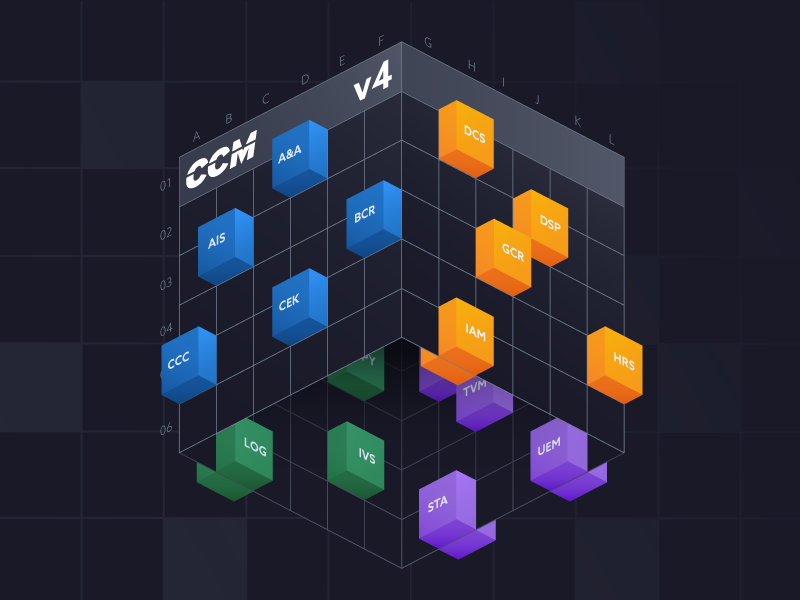Building Retail Trust Through Compliance and Transparency
Published 05/27/2025
Written by New Black.
Trust matters in retail. Period. The commerce platform you choose should earn your trust through verifiable compliance practices and transparent operations that protect your business and customers. No empty promises—just audited security standards and clear communication.
Why Trust Matters
Retail trust isn't just about good products. It's about protecting customer data, securing payments, and meeting regulations across all your markets. With today's digital commerce crossing borders, compliance failures cost more than ever—in fines, reputation damage, and lost customers.
Chances are, you operate in dozens of countries, each with unique fiscal, legal, and security requirements. This means handling multi-currency transactions, different VAT requirements in each market, and varying security standards across regions. A contextual commerce platform should handle these compliance processes automatically, so you stay compliant without building separate systems for each country you operate in.
Compliance at the Core
Compliance should be built directly into your contextual commerce platform's core architecture. It should meet specific security and regulatory standards required in retail. It should automatically comply with:
- Data Protection Regulations: It should implement GDPR, SOC2, and CCPA requirements to protect customer data and ensure privacy.
- Global Fiscalization Requirements: It should support fiscalization across multiple jurisdictions, ensuring compliance with local tax regulations.
- Cloud Security by Design: It should be built on a trusted cloud platform, with added security layers including endpoint protection, comprehensive logging, and strict policy enforcement.
These compliance features protect your business legally and give your customers the security they expect when shopping.
Achieving Compliance Excellence
Your contextual commerce platform should verify their compliance claims through independent certifications:
- Security Certifications: Certifications like SOC2 and ISO27001, as well as partnerships like joining the Cloud Security Alliance (CSA), the leading authority on cloud security standards, ensures your commerce platform follows industry best practices.
- CSA STAR Levels: CSA STAR Level 1 confirms that your platform follows security best practices, while Level 2 requires external auditors to verify their security controls. This matters because it gives you independently verified proof of their security practices, not just their claims.
- Trusted Cloud Provider Trustmark: This trustmark verifies that their platform follows industry security standards and best practices—providing external validation of their security controls.
Real Transparency, Not Just Talk
Your contextual commerce platform should do more than just say they're transparent—they should prove it through:
- Clear Communication: They should tell you exactly what their platform can and can't do.
- Accessible Reporting: They should provide detailed data on platform performance and transactions.
- Regulatory Updates: They should alert you to compliance changes in your markets before they affect your business.
This approach means you always know where you stand with compliance—no surprises, no hidden risks, just clear information you can act on.
The Bottom Line
A contextual commerce platform should help enterprise retailers succeed by offering more than features. It should be a foundation you can trust with your customers, data, and business future.
Unlock Cloud Security Insights
Subscribe to our newsletter for the latest expert trends and updates
Related Articles:
Why Early Adoption of ISO 42001 Matters
Published: 06/10/2025
In the Beginning, Before Zero Trust
Published: 06/06/2025
Make Tech Changes Fun for End Users and Off-the-Chart Adoption Will Follow
Published: 06/06/2025
Ransomware in the Education Sector
Published: 06/05/2025



.png)


